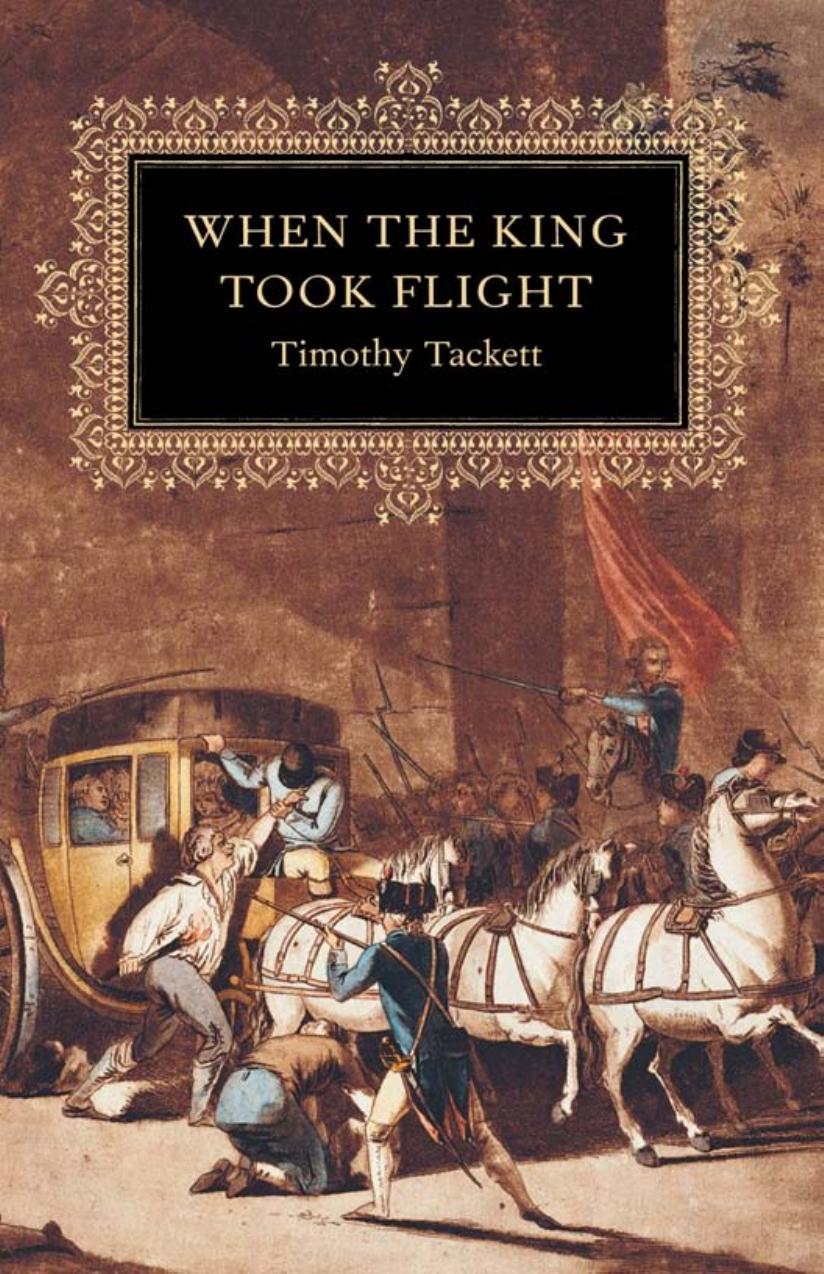When the King Took Flight by Timothy Tackett

Author:Timothy Tackett [Tackett, Timothy]
Language: eng
Format: epub, mobi, pdf
Published: 2009-09-22T15:48:00+00:00
The Fate of the Monarchy
The great debate in the Assembly itself was finally launched on July 13 with the formal report of the "Seven Committees," commissioned to draw up a recommendation on the events of Varennes. Over a three-day period some seventeen deputies addressed the issue of the fate of the king and the fate of the monarchy, nine in support of the committees' position of exoneration, eight in opposi- tion.37 Many were among the finest orators in the National Assembly, and most had carefully prepared their addresses. The leaders of the moderates were masters of parliamentary rhetoric and maneuver, and they brilliantly programmed and paced the debates for maximum advantage. Their opponents, all from the extreme left of the Jacobin group, also developed powerful arguments, but their proposals were more personal and sometimes conflicting.
To present their case the Committees chose a thirty-three-yearold magistrate from eastern France, Hyacinthe Muguet de Nanthou.38 Muguet made maximum use of General Bouille's letter to argue that Louis had indeed been "abducted," abducted in mind-through intimidation and pressure-if not in body. To be sure, one could never approve the king's actions from a moral or political standpoint: they had been thoughtless and irresponsible. But it was essential that the deputies follow the law and not the whim of emotion. And legally, the king had committed no crime. His "declaration" of June 21 had been remarkably impolitic, but it was not in itself against the law. His flight would have been grounds for deposing him only if he had left the country and refused to return, and this, by his testimony, he had never intended to do. Yet even if Louis were to have committed a crime, he could not be prosecuted, since the Assembly had voted immunity for the monarch nearly two years before.39 From their earliest debates on the constitution, Muguet argued, the deputies had decided that France must be a monarchy. A central locus of power was essential "in so vast an empire, whose parts would naturally tend to break apart." In fact, "it is for the nation, and not for the king, that a monarchy has been established." Within this system, it was essential that the king be immune from prosecution. If the king could be indicted, any faction might attack him for its own petty self-interest, and there would be a continual threat of civil war and chaos, just as had occurred in England 15o years earlier. The real villains in the affair, and the only individuals mentioned in the Committees' proposed decree, were Bouille and his subordinates. France must follow America's treatment of the traitor Benedict Arnold and prosecute these men to the full extent of the law. Curiously, Axel von Fersen was scarcely mentioned. The king and the queen were not mentioned at all.
In reply to the Committees' position, the radicals adopted a number of tactics. Petion and several of the other orators attacked the very idea of royal immunity. Surely kings must be responsible for their actions, or
Download
When the King Took Flight by Timothy Tackett.mobi
When the King Took Flight by Timothy Tackett.pdf
This site does not store any files on its server. We only index and link to content provided by other sites. Please contact the content providers to delete copyright contents if any and email us, we'll remove relevant links or contents immediately.
| Belgium | France |
| Germany | Great Britain |
| Greenland | Italy |
| Netherlands | Romania |
| Scandinavia |
Room 212 by Kate Stewart(5095)
The Crown by Robert Lacey(4795)
Endurance: Shackleton's Incredible Voyage by Alfred Lansing(4747)
The Iron Duke by The Iron Duke(4341)
The Rape of Nanking by Iris Chang(4193)
Joan of Arc by Mary Gordon(4088)
Killing England by Bill O'Reilly(3989)
Say Nothing by Patrick Radden Keefe(3972)
I'll Give You the Sun by Jandy Nelson(3424)
Shadow of Night by Deborah Harkness(3350)
Hitler's Monsters by Eric Kurlander(3324)
Mary, Queen of Scots, and the Murder of Lord Darnley by Alison Weir(3194)
Blood and Sand by Alex Von Tunzelmann(3184)
Eleanor & Park by Rainbow Rowell(3144)
Darkest Hour by Anthony McCarten(3114)
Margaret Thatcher: The Autobiography by Thatcher Margaret(3071)
Book of Life by Deborah Harkness(2919)
Red Famine: Stalin's War on Ukraine by Anne Applebaum(2914)
The One Memory of Flora Banks by Emily Barr(2851)
